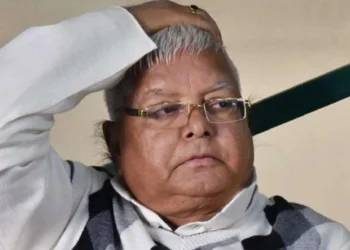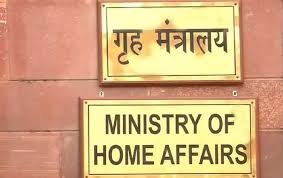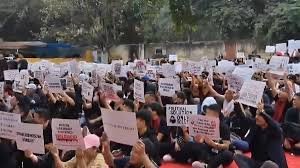Bangladesh’s interim government has revoked Sheikh Hasina’s passport and issued an extradition request to India. With arrest warrants looming, the former PM faces allegations of genocide and enforced disappearances during her 15-year tenure, sparking a major international diplomatic quandary.
BY PC Bureau
Former Bangladeshi Prime Minister Sheikh Hasina alleged on Friday that she and her sister Sheikh Rehana narrowly escaped assassination attempts after her removal from power following a student-led protest movement in August last year.
“Rehana and I survived by a margin of just 20-25 minutes,” Hasina claimed in an emotional audio message shared on the Awami League’s Facebook page.
Narrow Escape and Exodus to India
Facing massive anti-government protests, Hasina resigned as Prime Minister in August 2024. Mere minutes before an enraged mob stormed her residence, she fled the country, eventually taking refuge in India.
In her audio address, Hasina said, “It feels like the will of Allah that I survived not only on August 21 and in Kotalipara but also on August 5. Otherwise, I would not have been alive today.”
Referring to past attempts on her life, Hasina mentioned the 2004 grenade attack in Dhaka that killed 24 people, leaving her injured. She also recalled the foiled Kotalipara bombing in 2000, where explosives were discovered near a college she was set to visit.
“Despite their plans to kill me, Allah’s mercy has kept me alive. Perhaps He has some purpose for me yet,” she added.
Breaking down during her statement, Hasina lamented, “I am suffering. I am without my country, without my home. Everything has been burned.”
Extradition Demands and Revoked Passport
The Bangladesh interim government has formally requested Hasina’s extradition from India, submitting a diplomatic note to the Ministry of External Affairs. However, there has been no official response from India thus far.
The International Crimes Tribunal (ICT) for Bangladesh has issued two arrest warrants against Hasina, accusing her of enforced disappearances during her 15-year rule. Earlier this month, Bangladesh revoked her passport along with those of 96 others, citing allegations linked to the suppression of last year’s student protests.
The ICT has set February 12, 2025, as the deadline for authorities to apprehend and present all accused individuals, including Hasina, for trial.
Allegations of Human Rights Abuses
During her tenure, Hasina’s government faced widespread criticism for alleged human rights violations, including mass detentions, enforced disappearances, and extrajudicial killings of political opponents. A report by a government commission documented 1,676 cases of enforced disappearances under her administration, with 27% of victims still missing.
Hasina faces several charges filed by the ICT, including allegations of genocide and crimes against humanity.
International Implications
The developments surrounding Hasina have drawn global attention, with human rights organizations closely monitoring the situation. While the interim government’s push for accountability has been lauded by some, others caution against politically motivated prosecutions.
India’s role in granting refuge to the former Prime Minister has also sparked diplomatic complexities, adding another layer to the unfolding crisis.
As the deadline for her extradition looms, Sheikh Hasina’s fate remains uncertain, with both her supporters and detractors awaiting the next chapter in this politically charged saga.














